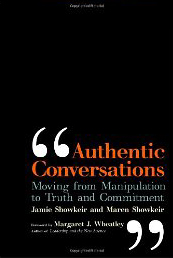INTENTION AND THE GRUMBLER
One of the first things I learned from Jamie, who has been cycling for years, was the importance of letting others know that you're coming. When he is riding in the lead, he is unfailing about alerting people when we are behind them wanting to pass, warning walkers/joggers that we're coming up from behind, and hollering "BIKE UP" as we enter an underpass tunnel and again when we are about to emerge.
As we rode last weekend, The Grumbler in my mind started up because many riders fail to extend the same courtesies and safety warnings. The Grumbler started whinjing and asking pesky questions like: "Why should you holler and warn other riders when they obviously don't do the same thing for you? Maybe you should just look out for yourself. "
That's when it's helpful for me to remember the power of clear intentions. When I'm hearing all the reasons I could act like everyone else, I can remind The Grumbler (who bears a remarkable resemblance to me) that my intention is to be a courteous and safe rider, regardless of how others choose to behave. And so I re-commit to following the common-sense guidelines that Jamie taught me when I started cycling.
The Grumblers occasionally appear when we're working with clients or doing workshops. "Well, I tried being authentic with So-and-So and it didn't turn out the way I hoped," they say to us. "They weren't willing to be authentic with me, so why should I put myself out there?"
If we're only trying on Authentic as a way to get something we want from others, that is just another form of manipulation. This is why we so heavily emphasize that the first, most important work in having Authentic Conversations is to get clear on your own intentions. Decide who you want to be in the world, then commit to living in alignment. What is your purpose in the moment? What do you want to create now and in the future?
We believe being authentic is something to do because of the importance of those kinds of questions, not something to do so others will behave in a certain manner or treat us the way we want them to.
Once I remembered my bike rider intentions, I made it clear to The Grumbler that I was making a different choice. For good measure, I put in a little extra oomph when I hollered "BIKE UP!"
MAREN


 maren
maren